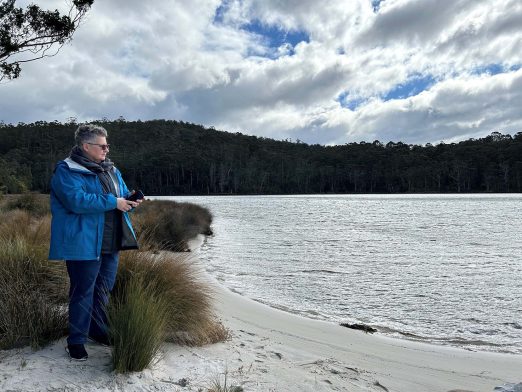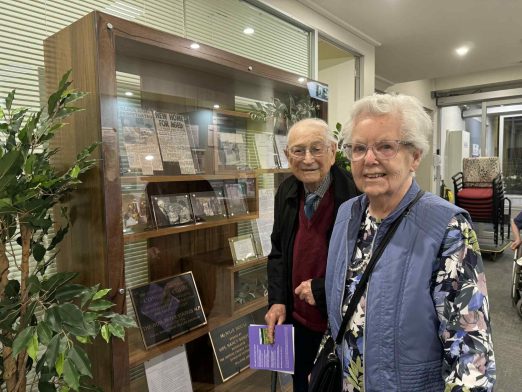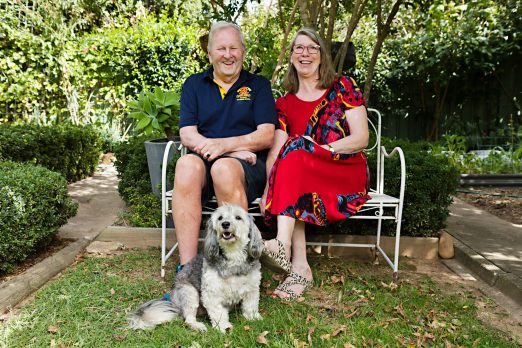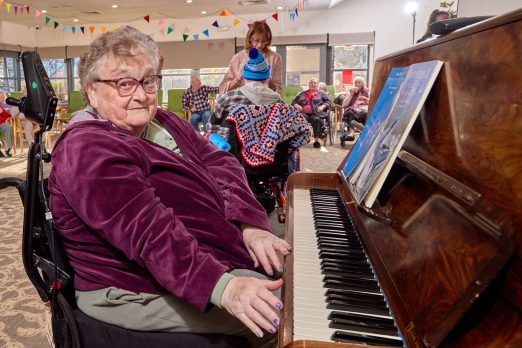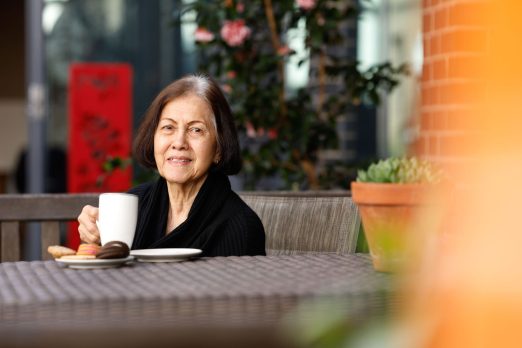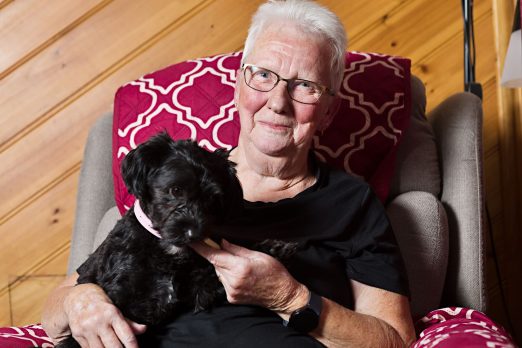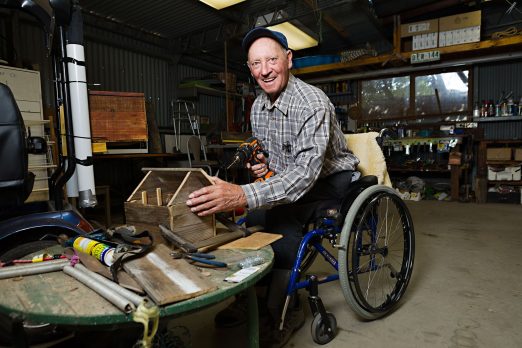News
New case studies show shocking impact of more than $2 billion in Federal Government aged care funding cuts on sick older people in Tasmania.
Media
New case studies show shocking impact of more than $2 billion in Federal Government aged care funding cuts on sick older people in Tasmania.
August 22, 2016
Aged care residents in Tasmania will be hit hard by Federal Government funding cuts which threaten vulnerable and sick older people, Uniting AgeWell Interim Executive Director Peter Folliot said today.
Releasing new case studies showing the harsh impact of the cuts on people living in aged care facilities, Peter said aged care providers would struggle to meet the health care needs of vulnerable and sick older people.
“These cuts to the Aged Care Funding Instrument which the Federal Government is proposing would reduce funding by up to $18,000 for older people with the most complex health needs,” Peter said.
“Residents of facilities in Tasmania with complex needs are amongst those who would be hardest hit by these harsh cuts.
“Under the proposed cuts, critical health needs such as wound and skin care, mobility needs, arthritis treatment and end of life care will be under direct threat.
“The cuts are at odds with the Government’s claim that it is ‘passionate about ensuring Australians don’t just live longer lives, but healthier ones too’.”*
Peter said the case studies were typical of the complex health care needs of aged care residents, including those living in facilities in Tasmania.
CASE STUDY 1: BOB**
Bob is 95. He is unsteady on his feet, a high falls risk and requires physical assistance with all mobility and transfers. With encouragement and assistance from staff Bob attends the dining room for meals where he enjoys the company of others. All aspects of Bob’s personal hygiene, including shaving, washing, drying, dressing, hair and oral care are attended to with the assistance of staff.
When managing Bob’s incontinence, staff need to provide physical assistance with all aspects of toileting and post toileting hygiene including pad check and change. Bob is served a medium sized meal that is cut up for him due to the amputation of several fingers, reducing his ability to use a knife and fork. Staff supervise Bob to ensure that he eats a well-balanced diet and an adequate fluid intake to ensure healthy bowel activity and that he remains well-nourished and hydrated.
Staff administer Bob’s medications one at a time via a spoon due to his inability to pick up tablets. Bob has multiple medications and administration takes nursing staff a significant amount of time. Bob is seen by physiotherapists for complex pain management four days per week. He also receives a heat pack at least weekly taking 20 minutes of staff time for managing ongoing pain.
The Federal Government cuts would reduce funding for Bob by $20.55 a day (or $7,500 per year).
CASE STUDY 2: Mary**
Mary is 87. She is a very frail lady who recently had major surgery for acute sigmoid diverticulitis resulting in a colostomy. She has a very poor appetite and requires supervision with all meals to ensure a small nutritious diet is tolerated.
Staff physically assist with all mobility and transfers due to her fatigue and frailty. Staff also assist with all aspects of personal hygiene on a daily basis including water adjustment in the shower, washing/drying, washing hair, dressing and undressing. Nursing staff attend to colostomy bag changes and stoma care.
Due to cognitive changes caused by Alzheimer’s Disease, Mary often still thinks she remains on the staff at the facility and will want to leave as her ‘shift has finished’. At these times staff need to be vigilant as she may try to leave the building and she no longer has the stamina nor directional sense to be outside without staff or family assisting her.
All medications are administered one at a time via a spoon by nursing staff followed by a drink after each one.
Mary is assisted with incontinence aids which she wears at all times. Staff check aids to ensure they are clean and changed as required. She is also assisted with post toilet hygiene. Staff monitor Mary’s skin on a daily basis due to potential for compromised skin integrity.
The Federal Government cuts would reduce funding for Mary by $50.95 per day (or $18,596 per year).
“Uniting AgeWell is one of Tasmania’s largest not-for-profit aged care providers and we are proud of our great staff who work hard to care for vulnerable and sick older people in Tasmania,” Peter said.
“As an aged care provider in Tasmania, we call on all MPs to vote against these cuts.
“If the Federal Government is as concerned as it says about the health of older Australians, it needs to put these cuts on hold now, review the funding model and work with us to develop a better approach.”
*Minister for Health and Aged Care The Hon Sussan Ley, media release 18 July 2016
**The case studies are based on current residents of Uniting AgeWell facilities in Tasmania but real names have not been used.
Contact
For more information please contact Marketing and Communications Manager Charisse Ede on 9276 5702, or email [email protected]
